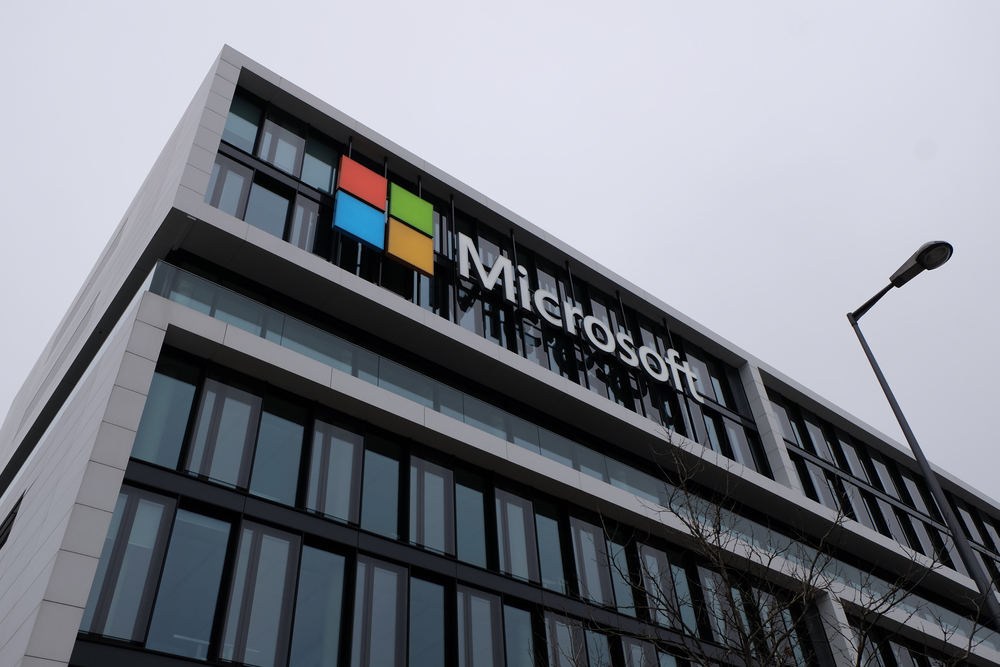Microsoft’s search engine Bing has announced two new AI-powered features that aim to improve search results and outperform Google’s BARD.
Bing’s New Features
The first feature, Speller100, is an advanced spelling correction system that uses deep neural networks to correct misspellings in search queries with 10 times more accuracy than Bing’s previous spelling correction model. The second feature, Turing Natural Language Generation (T-NLG), is an AI language model that can generate human-like responses to search queries, making Bing’s search results more conversational and helpful.

Speller100: A Game Changer in Spelling Correction
Speller100 can correct spelling mistakes even when search queries have multiple misspellings or when they include names of people, places, or brands. According to Bing, Speller100 has been trained on a massive dataset of misspellings and their corrections, allowing it to understand the context and meaning of the search query to provide the most accurate spelling correction suggestions.
T-NLG: A Revolutionary Language Model
T-NLG is an advanced AI model that can generate human-like responses to search queries by understanding the context and intent of the query. T-NLG can provide concise, informative, and conversational responses to questions, making Bing’s search results more engaging and helpful.
Bing’s AI Advancements
With these new AI features, Bing is proving to be a formidable competitor to Google’s BARD, an AI-powered language model that is used to generate natural language responses to search queries, concludes NIX Solutions. Bing’s Speller100 and T-NLG demonstrate the company’s commitment to advancing its AI capabilities to improve search results for its users.
